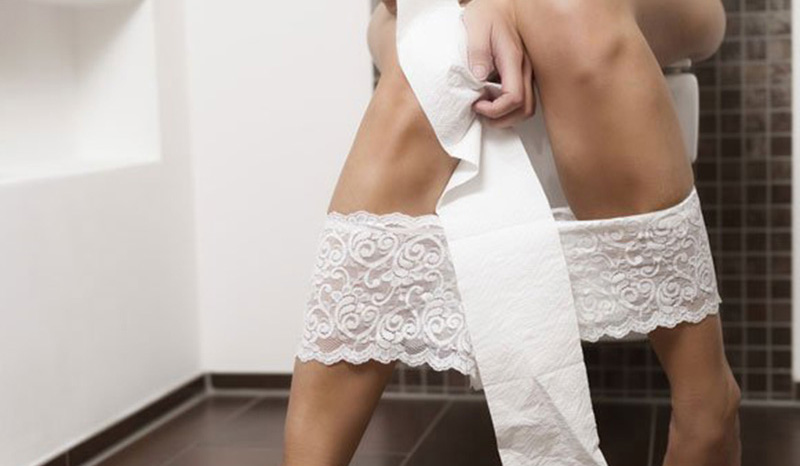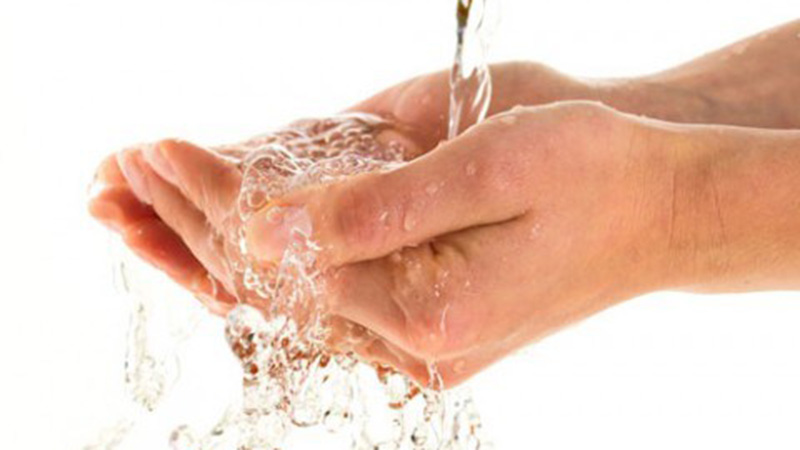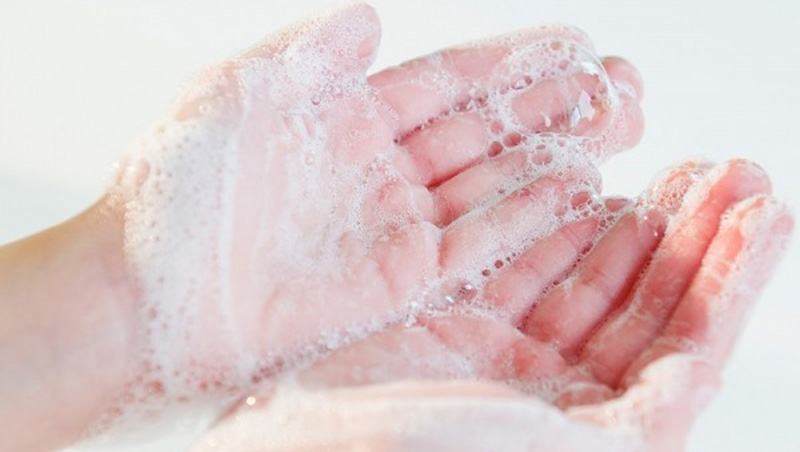1 Should You Wash Your Intimate Area After Intercourse?
 Washing your intimate area after intercourse can be harmful to your health if not done properly
Washing your intimate area after intercourse can be harmful to your health if not done properly
At the end of an intimate encounter, a mixture of male semen and female vaginal fluids is created.
Post-intercourse, some of this fluid remains in the uterus, creating a favorable environment for conception, while the rest stays in the vaginal canal and is expelled over time.
Some women believe that this mixture is dirty and must be washed away immediately after intercourse. However, if not cleaned properly, it can negatively impact their health.
2 How to Properly Clean Your Intimate Area
Urinate After Intercourse
The most effective way to clean your vagina and flush out bacteria is to urinate within 5-10 minutes after intercourse.
This also helps prevent urinary tract infections as bacteria can travel from the outside of the vagina into the bladder, causing infection.
 Urinate 5-10 minutes after intercourse
Urinate 5-10 minutes after intercourse
Cleanse with Water
Use a showerhead to gently rinse your intimate area with water, but avoid directing the water flow into your vagina.
A strong water flow can push bacteria back into the vagina. After rinsing, use a clean cotton towel to pat the area dry.
 Cleanse your intimate area with water
Cleanse your intimate area with water
Use Intimate Washes
Gently cleanse your external intimate area with a specialized intimate wash to minimize the risk of infection.
Choose washes with a neutral pH and avoid internal cleansing to prevent damage to your vaginal flora.
3 Common Mistakes Women Make When Cleaning Their Intimate Area
Using Soap
Soap has strong cleansing properties that can disrupt the natural moisture balance of your vagina.
Using harsh cleansers can also kill beneficial bacteria, creating an environment conducive to the growth of harmful bacteria and sexually transmitted infections.
 Avoid using soap to clean your intimate area
Avoid using soap to clean your intimate area
Over-Cleansing
Some women feel the need to repeatedly wash their intimate area to remove all traces of semen.
However, this can lead to vaginal dryness, reduced natural lubrication, and decreased pleasure during subsequent intimate encounters.
 Use a clean towel or high-quality toilet paper to dry your intimate area
Use a clean towel or high-quality toilet paper to dry your intimate area
Using Wet Wipes
Your body becomes more sensitive after intercourse, and using a bath towel that hasn’t been washed or sun-dried in a while can introduce bacteria from the anal region to your intimate area. It’s best to use a clean towel or high-quality toilet paper to dry off.
4 The Truth About Post-Intercourse Washing and Contraception
Unless the male partner does not ejaculate directly into the vagina or effective contraception is used, the chances of conception remain high.
Urinating and washing after intercourse do not serve as contraceptive methods. While they help maintain vaginal hygiene and reduce the risk of gynecological infections, they do not eliminate sperm from the vagina or prevent unwanted pregnancies.
We hope that our advice will help women take better care of their intimate health and protect themselves from potential infections.
Don’t Make These 4 Mistakes After a Breakup, Especially Number 3
After being intimate with your partner, it is important for men to avoid doing these 4 things to prevent any potential health issues: 1. Not urinating after sexual intercourse can lead to urinary tract infections. 2. Not cleaning the genital area properly can increase the risk of infections and discomfort. 3. Not using protection during sexual activity can result in sexually transmitted infections or unwanted pregnancies. 4. Not communicating openly with your partner about sexual health and concerns can lead to misunderstandings and potential risks. It is crucial for men to be aware of these precautions in order to maintain their overall well-being.

































